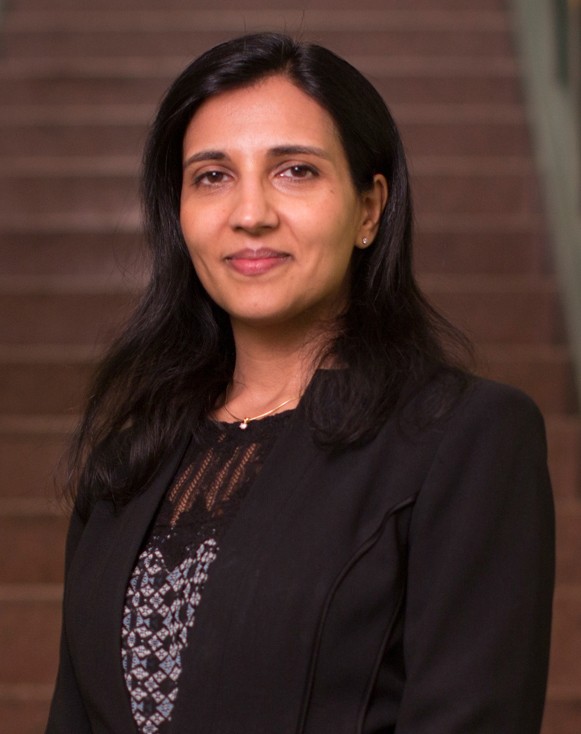Experts call for more science in forensic science
By Susan Kelley
A group of scientists, including Sunita Sah, a physician and assistant professor of management and organizations, is calling for a national effort to bolster the scientific rigor in forensic science. They say many forensic science methods have never been scientifically validated, which is jeopardizing the integrity of the judicial system.
The issue is particularly important given the April 2017 decision by the Department of Justice (DOJ), under Attorney General Jeff Sessions, to shut down the National Commission on Forensic Science (NCFS). The commission advised the federal government on how to enhance the practice and improve the reliability of forensic science.
Sah and five other scientists, who served on the NFCS, wrote an editorial, “A Call for More Science in Forensic Science,” which will be published in the Proceedings of the National Academy of Sciences. The piece appeals to the broader scientific community to advocate for improvements in forensic science.
“The stakes don't get much higher,” said Sah, who researches cognitive bias and decision-making at the Samuel Curtis Johnson Graduate School of Management. “We are talking about decisions that affect the lives of many people, both victims and the accused. For the integrity of the criminal justice system, this is something that we need to take seriously.”
The NCFS was created on the recommendation of the National Research Council. In 2009, the council produced a report that evaluated the state of forensic science and found many techniques, including analysis of bite marks, fingerprints, tread impressions and bloodstains, lacking in scientific value.
Yet many of these methods are still accepted as evidence because courts have accepted them in the past. “Many of the studies that purportedly support forensic methods do not meet the criteria of mainstream science,” Sah said. “There have been plenty of critiques regarding bite mark analysis, it has been scientifically discredited and yet it’s still introduced in the courts because of historical precedent.”
Moreover, almost all publicly funded laboratories are associated with law enforcement – a conflict of interest that leads to concerns about objectivity and bias, Sah and her authors said.
In response to the National Research Council’s report, the DOJ created the NCFS in 2013 to address these issues, administered by the DOJ and National Institutes of Standards and Technology. During the four years the NCFS was in operation, it brought together independent academic scientists – from psychology, medicine, biology, chemistry and physics. It recommended all forensic techniques be independently validated before being used in criminal investigations. And it found the phrase “reasonable scientific certainty” (often used in court testimony) basically meaningless and recommended it be removed from the judicial process.
The DOJ has now opened its own forensic sciences office and named a prosecutor to lead it – a scenario that is exactly the opposite of what the National Research Council recommended.
Sah and her colleagues call the situation “highly problematic.” Putting a prosecutor in charge of the organization perpetuates a conflict of interest and reinforces the prosecutorial perspective, which already dominates the field, they said. And a prosecutor may not want to “embrace scientific advances that could risk undermining past convictions and current prosecutions,” the authors write.
The National Academy of Sciences, the authors say, can and must advocate for independent forensic science research and financial support, and for empirical testing in the field.
“If we don’t include independent scientists in the discussion, then it is a disservice to forensic science and to the integrity of the criminal justice system,” Sah concluded.
Media Contact
Get Cornell news delivered right to your inbox.
Subscribe

